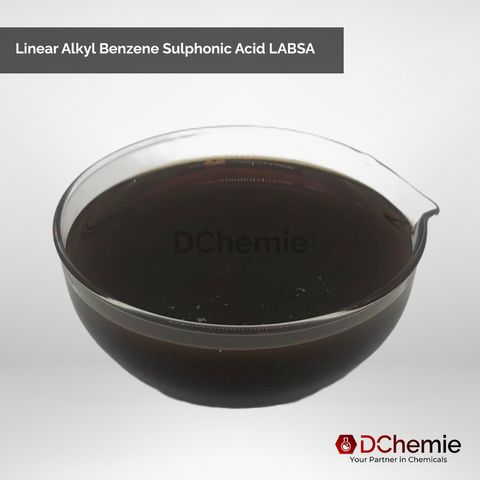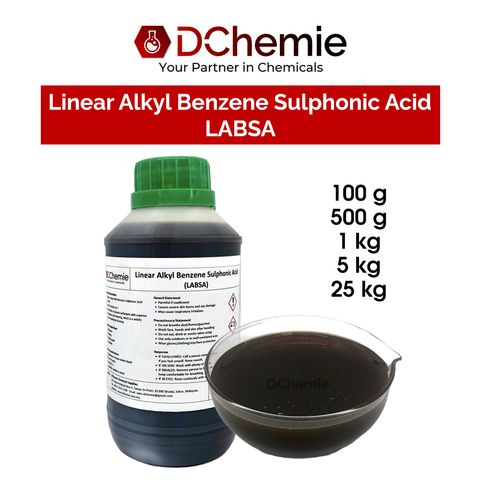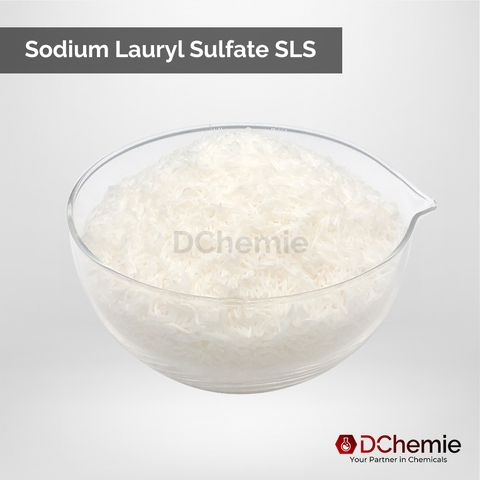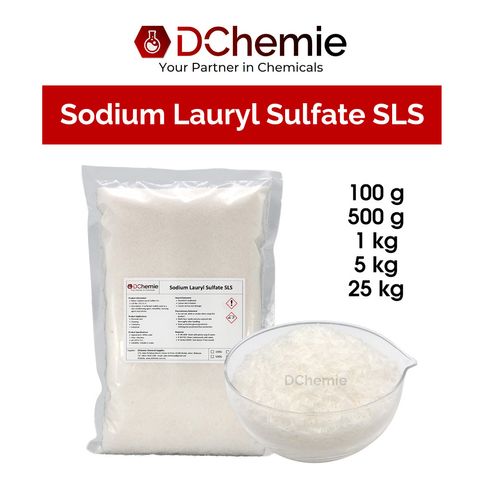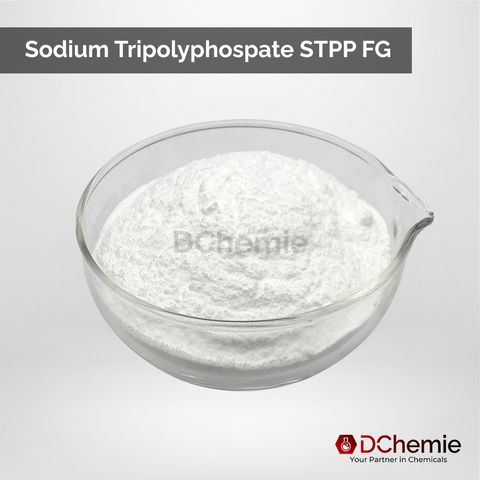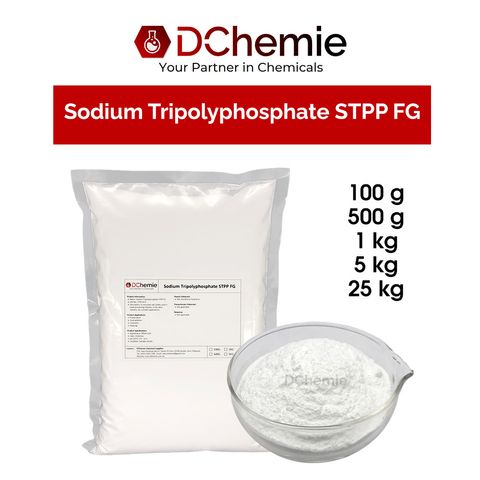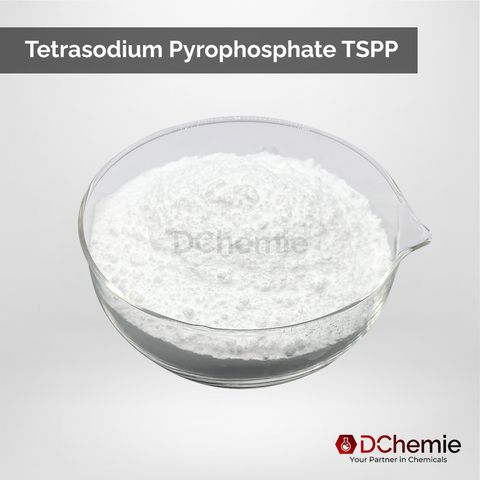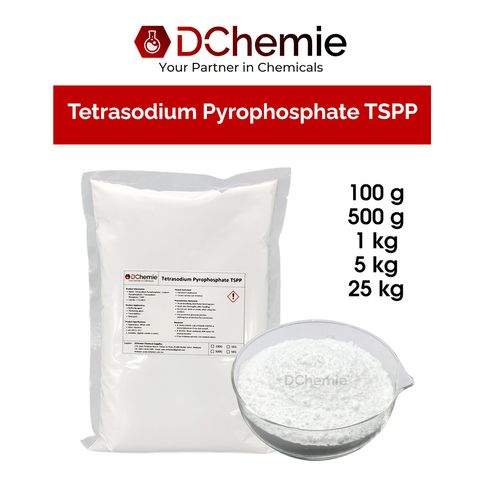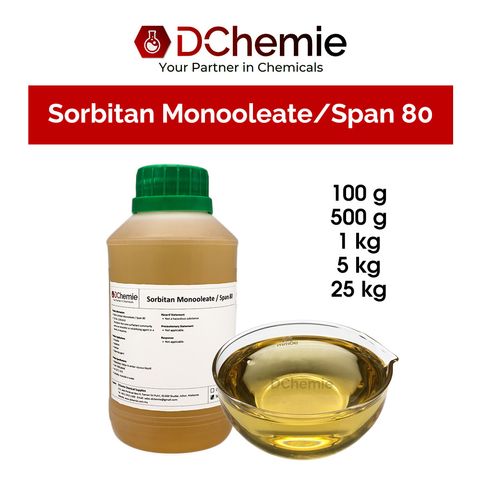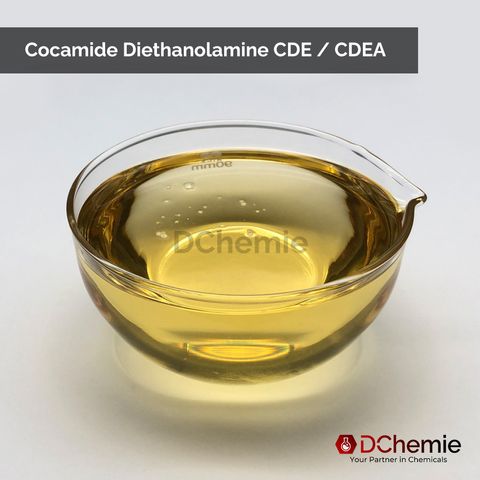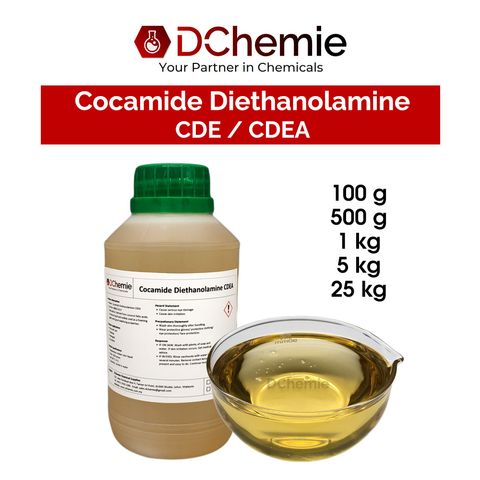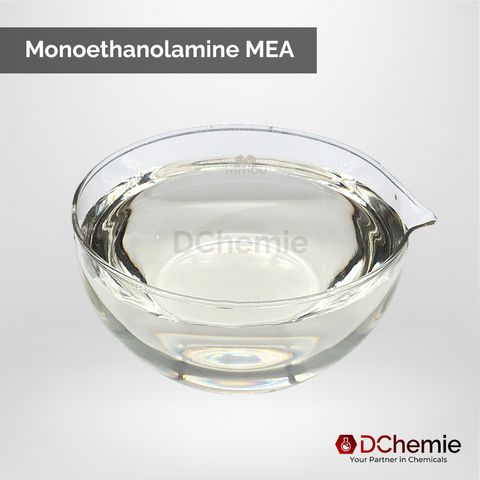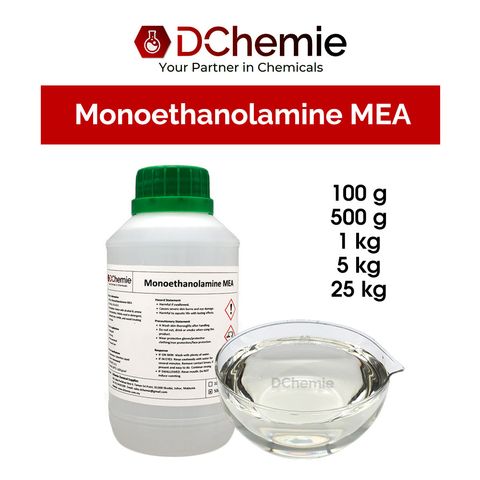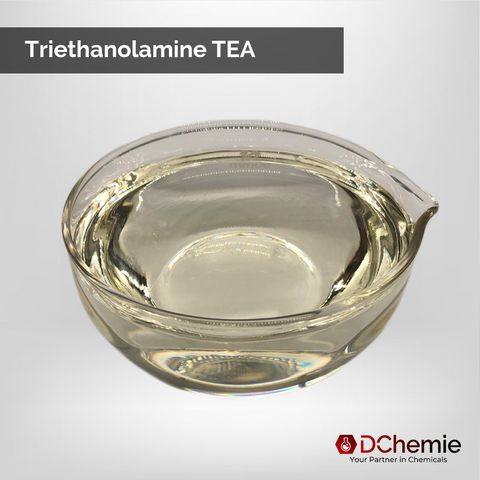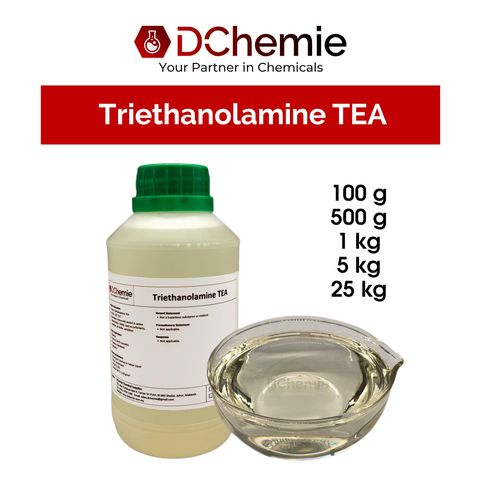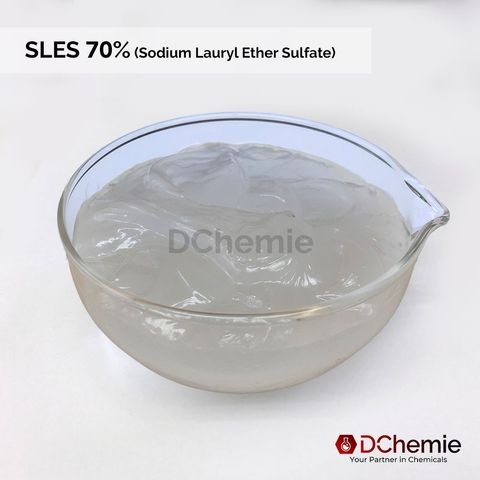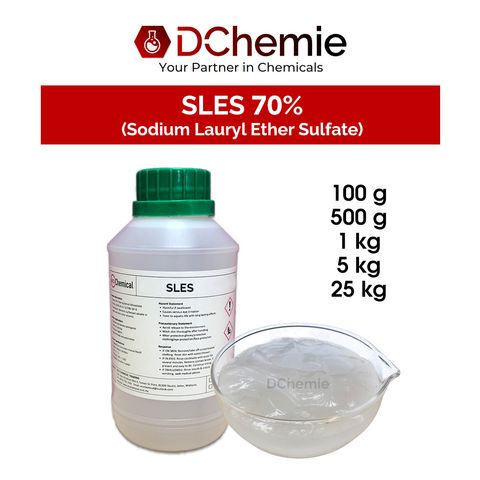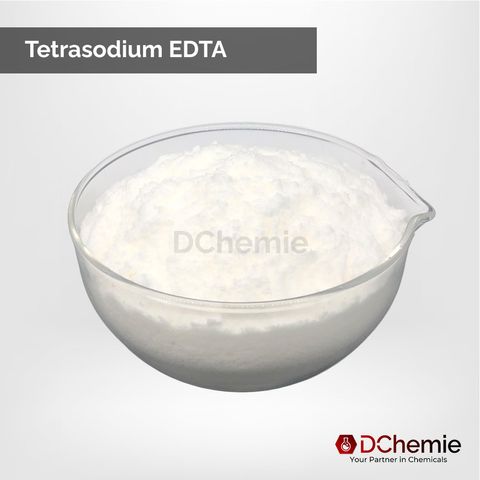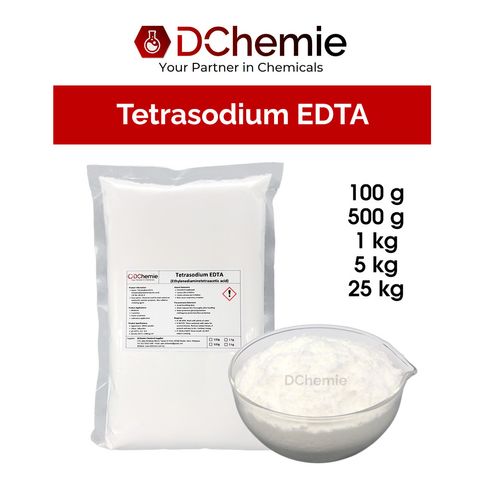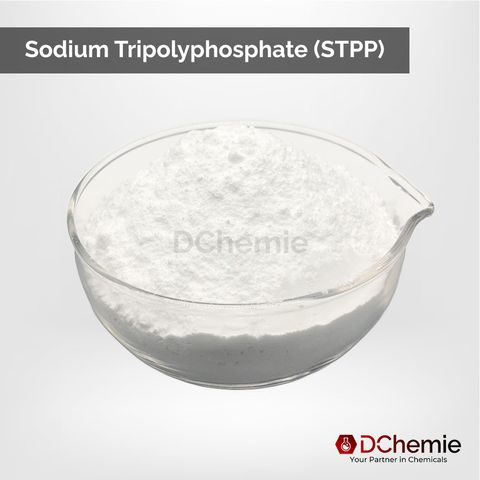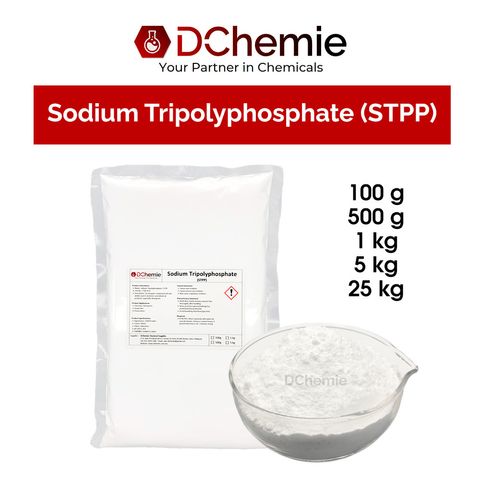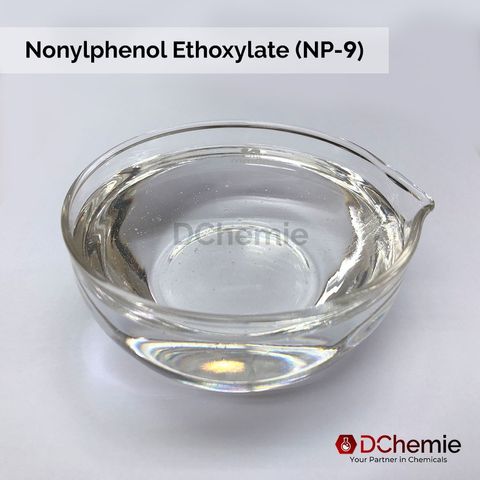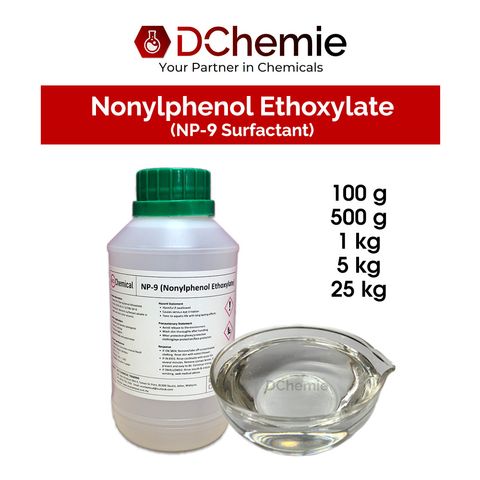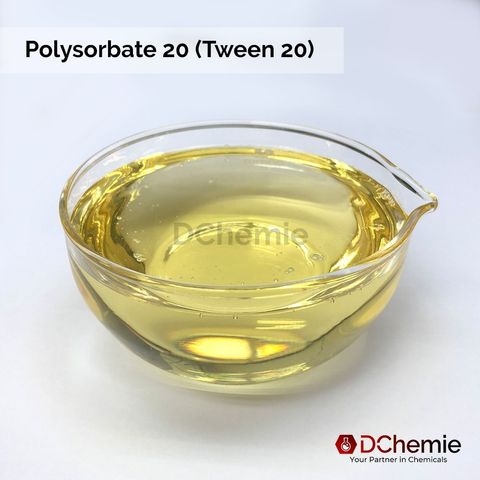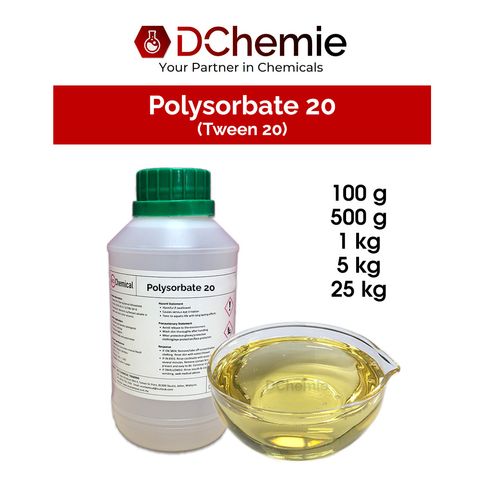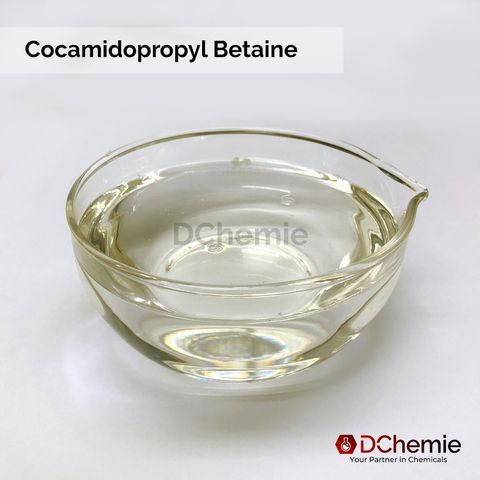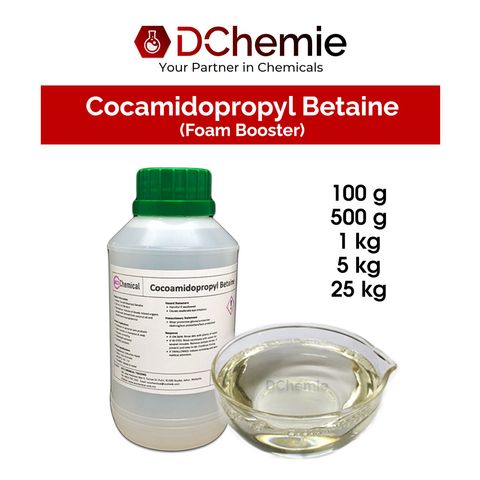
Surfactants play a pivotal role in numerous industries, serving as fundamental components in various products and processes. From household cleaners to personal care items and industrial applications, surfactants are indispensable. In this comprehensive guide, we delve into what surfactants are, their functions, types, applications, and environmental considerations.
What are Surfactants?
Surfactants, short for surface-active agents, are compounds that lower the surface tension between two substances, such as a liquid and a solid or another liquid. They possess both hydrophilic (water-attracting) and hydrophobic (water-repelling) properties, enabling them to interact with and modify the surface properties of different materials. This unique characteristic allows surfactants to facilitate emulsification, dispersion, wetting, foaming, and detergency.
Types of Surfactants
Surfactants can be classified into several categories based on their chemical structure and functionality. The primary types include:
- Anionic Surfactants: These surfactants carry a negative charge on their hydrophilic head group and are commonly found in household detergents, shampoos, and cleaning agents.
- Cationic Surfactants: In contrast to anionic surfactants, cationic surfactants bear a positive charge on their hydrophilic portion. They are often utilized in fabric softeners, hair conditioners, and germicidal products.
- Nonionic Surfactants: Nonionic surfactants lack a charged head group, making them less prone to interact with ions in solution. They are frequently employed in cosmetics, pharmaceuticals, and industrial applications due to their gentle nature and compatibility with various substances.
- Amphoteric Surfactants: These versatile surfactants possess both positive and negative charges within their molecular structure, offering a balanced performance. They are commonly utilized in personal care products and specialty applications where compatibility and mildness are paramount.
Functions of Surfactants
Surfactants serve a variety of functions across various industries:
- Emulsification: Surfactants enable the dispersion of immiscible substances, such as oil and water, by forming stable emulsions. This property finds widespread use in food processing, cosmetics, and pharmaceutical formulations.
- Foaming and Defoaming: Surfactants contribute to the formation of stable foams in products like shampoos and detergents, enhancing their cleaning efficacy. Conversely, certain surfactants aid in defoaming by destabilizing foam structures, crucial in industrial processes such as wastewater treatment.
- Wetting and Dispersing: Surfactants lower the surface tension of liquids, promoting wetting and uniform spreading on solid surfaces. This characteristic is exploited in agricultural formulations, paints, and coatings to ensure proper coverage and adhesion.
- Detergency: Surfactants possess excellent detergent properties, enabling them to solubilize oils and remove dirt and grease from surfaces. This makes them indispensable in household and industrial cleaning products.
Applications Across Industries
Surfactants find extensive use in diverse industries:
- Personal Care: Surfactants feature prominently in skincare products, hair care formulations, and bath products, where they serve as cleansing agents, emulsifiers, and foam stabilizers.
- Agrochemicals: In agriculture, surfactants enhance the efficacy of pesticides and herbicides by improving their wetting and spreading properties, ensuring uniform coverage on plant surfaces.
- Pharmaceuticals: Surfactants play crucial roles in drug delivery systems, facilitating the solubilization of poorly soluble drugs and enhancing their bioavailability.
- Oil and Gas: Surfactants find applications in the petroleum industry for enhanced oil recovery, where they aid in the emulsification and displacement of crude oil from reservoirs.
Conclusion
In conclusion, surfactants are indispensable components in various industries, enabling critical functions ranging from cleaning and emulsification to foaming and wetting. Understanding the diverse types, functions, and applications of surfactants is essential for industries seeking to optimize product performance while minimizing environmental footprints.
By providing valuable insights into the world of surfactants, we aim to empower businesses to make informed decisions and navigate the complex landscape of chemical raw materials effectively.

